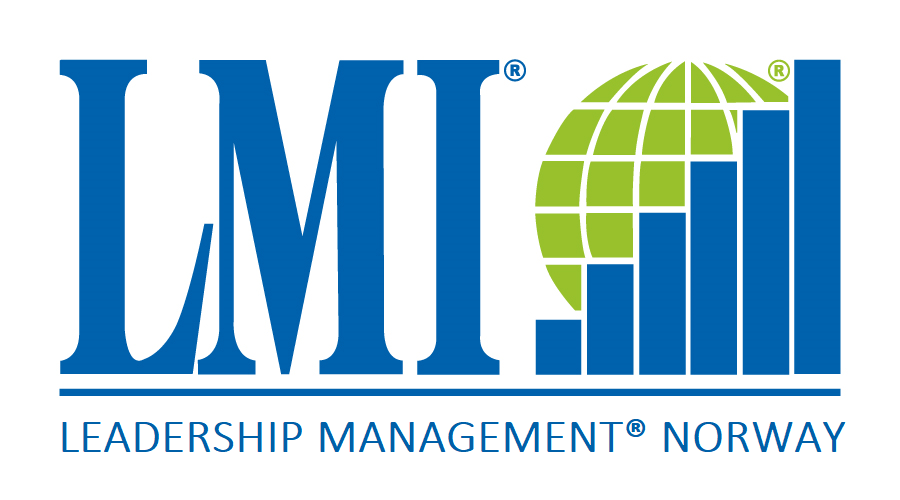
A positive attitude will define your success
To qualify as an effective leader, you must first hold a positive self-image. Effective leaders have belief in their own ability, and command respect from their team by behaving as a role model. Individuals with a positive attitude combine inner strength and courage to feed the self-respect and self-confidence needed to be an effective leader of themselves and others.
Your success as a leader is largely determined by the mental image you have of yourself, and the best leaders understand the importance of positive visualisation. The more personal success you experience, the more your organisation will achieve too – it is that simple. By improving the positivity of your self-image, you can unlock more opportunities for yourself and your company.
The definition of success varies from person to person. For some, success means earning a promotion within your current organisation. Others view success as making meaningful contributions to the lives of others, inside and outside of work, while some individuals judge success on the size of their bank account. In most cases, it will be defined by a combination of all these elements, but in any case, here is a definition of success that works for everyone:
“Success is the progressive realisation of worthwhile, predetermined personal goals.”
This definition implies that success is the result of your own choice – the choice to decide which specific goals you value and want to pursue. When it comes to making satisfying choices, positive self-image is vital. By holding a positive self-image, you can set the goals that reflect your values and personality, offering the greatest sense of fulfilment once accomplished.
Those who understand the power of holding a positive self-image use their confidence and courage to overcome the challenges they are faced with. According to psychologists’ research, on average people use less than a third of their actual potential, so by using only a small portion of their additional potential, can a sizeable difference be made. This increase in effectiveness can be easily achieved with minimal effort, so it’s important to push yourself forward, motivated by the goals you have set yourself.
The factor controlling the amount of true potential you use is your self-image. Your self-image is acquired almost immediately after birth. As people in your environment reacted to you with approval and disapproval, you began to shape a mental picture of who you were, based on that feedback. If some of the messages you received implied that you were too young, immature, inexperienced or not ready in some way, there is a chance you may have internalised and believed it. You may still be limiting yourself today by believing these messages when, in reality, you are a lot more capable and experienced than you were when you were younger.
In contrast, if you were regularly praised or encouraged during your early life, with plenty of support offered from those in your environment, then there’s a good chance you are using a lot more of your potential. Regardless of your background, what you are now is what counts. In order to be the most successful version of yourself, you must first change what you are willing to believe and become, while dedicating time and effort to improving your self-image. The more positive your self-image, the more successful you become as a motivational leader – enhancing the relationship between your self-image and success.
Taking the decision to develop your self-image is the first step to making significant contributions to your team and organisation. Owning a positive self-image enables you to proactively spot opportunities for your organisation that can also benefit your personal success. You will then be ready to develop clear plans for the achievement of organisational goals. Using your strong, newfound inner belief, your team will be positioned to achieve the goals that once felt out of reach.
Choose courage – not comfort. The only way you can develop your personal and professional self-image is by embracing a courageous attitude. Courage is the state or quality of mind needed to face threatening situations with self-assurance and self-reliance. Courage is bravery, and the quality that many famous athletes refer to as ‘heart’. Courage is inner strength, moral stamina and the inherent capacity for rising to a challenge with passion and intent. Courage is having faith in yourself. Courage is self-confidence.
The process of improving your self-image, like the process of setting and achieving any other goal, is quite straightforward yet extremely effective. Once you commit yourself to adopting winning attitudes of self-confidence and courage, you will notice immediate improvements that make all the difference to succeeding.
The biggest surge of courage necessary for remarkable outcomes is simply the courage to overcome inertia and to get started. If you are constantly in rest-mode, then your body will remain in a rested state until you decide to shock the system. More energy is required to start a plane than it is to keep it moving – this is the same with human willpower. Courage is the fuel that supplies the extra surge of energy needed to initiate change. Once changes have been made, desire and motivation will ensure you generate the momentum to keep going. It takes courage to change – to change your attitudes, to change the way you organise your time, to change relationships, to change who and what you are.
Once you find the motivation to get started, the hard part is then out of the way. A body in motion, tends to stay in motion. After realising the benefits of an improved self-image, you will begin to enjoy even greater self-confidence and courage, for nothing breeds success like success. As you develop and thrive in a world with a new outlook and sense of self-confidence, you will learn that holding a positive self-image helps propel yourself and your organisation towards bigger and better things.
